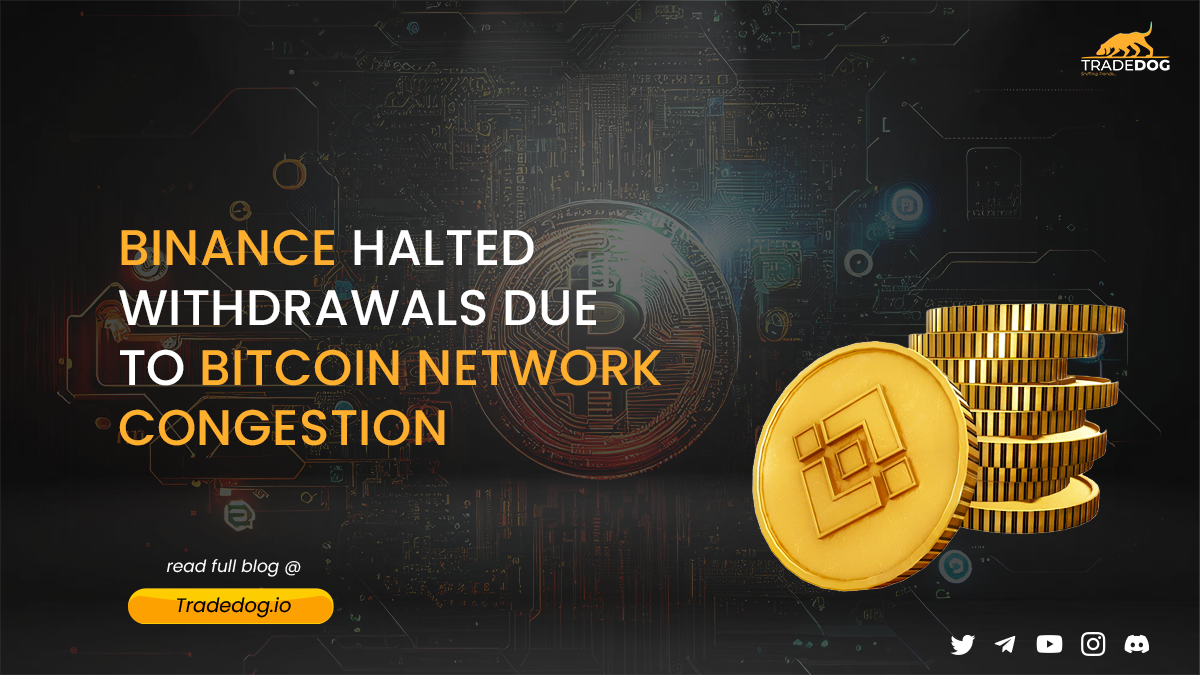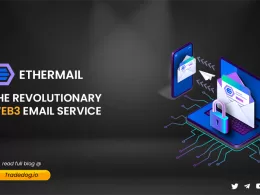Edward Snowden, a former computer intelligence consultant who has been on the run since leaking thousands of classified U.S. National Security Agency (NSA) documents to the press, is one notable person who has been impressed by the speed of Bitcoin’s lightning network as well as its architect’s persistent anonymity.
On October 31, the 14th anniversary of the publication of Nakamoto’s Bitcoin white paper, Snowden shared his fascination with the network’s “basically instantaneous” transactions and its founder’s unwavering devotion to anonymity.
Social Feud Against Craig Wright
Craig Wright was visibly enraged by Satoshi’s statement that he is still anonymous, and he responded to Snowden by tweeting, “I was never anonymous you traitorous scum.” Snowden made sure Wright didn’t get away with it by citing a recent case in which Hodlonaut won a defamation lawsuit against fake Satoshi Craig Wright.
Hodlonaut chimed in, claiming that Craig Wright had not yet paid him his compensation. He also stated that Wright has yet to pay a single penny of the $66k he was ordered to pay Hodlonaut two years ago.
Past views of Snowden on Crypto
Snowden has firsthand knowledge of the practical applications of cryptocurrency. Bitcoin was used to pay for the servers he used to leak documents about government surveillance. The former NSA and CIA contractor was drawn to Bitcoin because of its anonymity and utility. These are the values that endure market fluctuations.
Despite these advantages, Snowden has expressed concern about Bitcoin’s “catastrophic” privacy. He is also hesitant to view cryptocurrencies mainly as investments. Snowden also expressed concern about efforts to centralize digital payments. He intends to thwart these efforts by channeling the spirit of crypto pioneers who prioritized purpose over profit.













